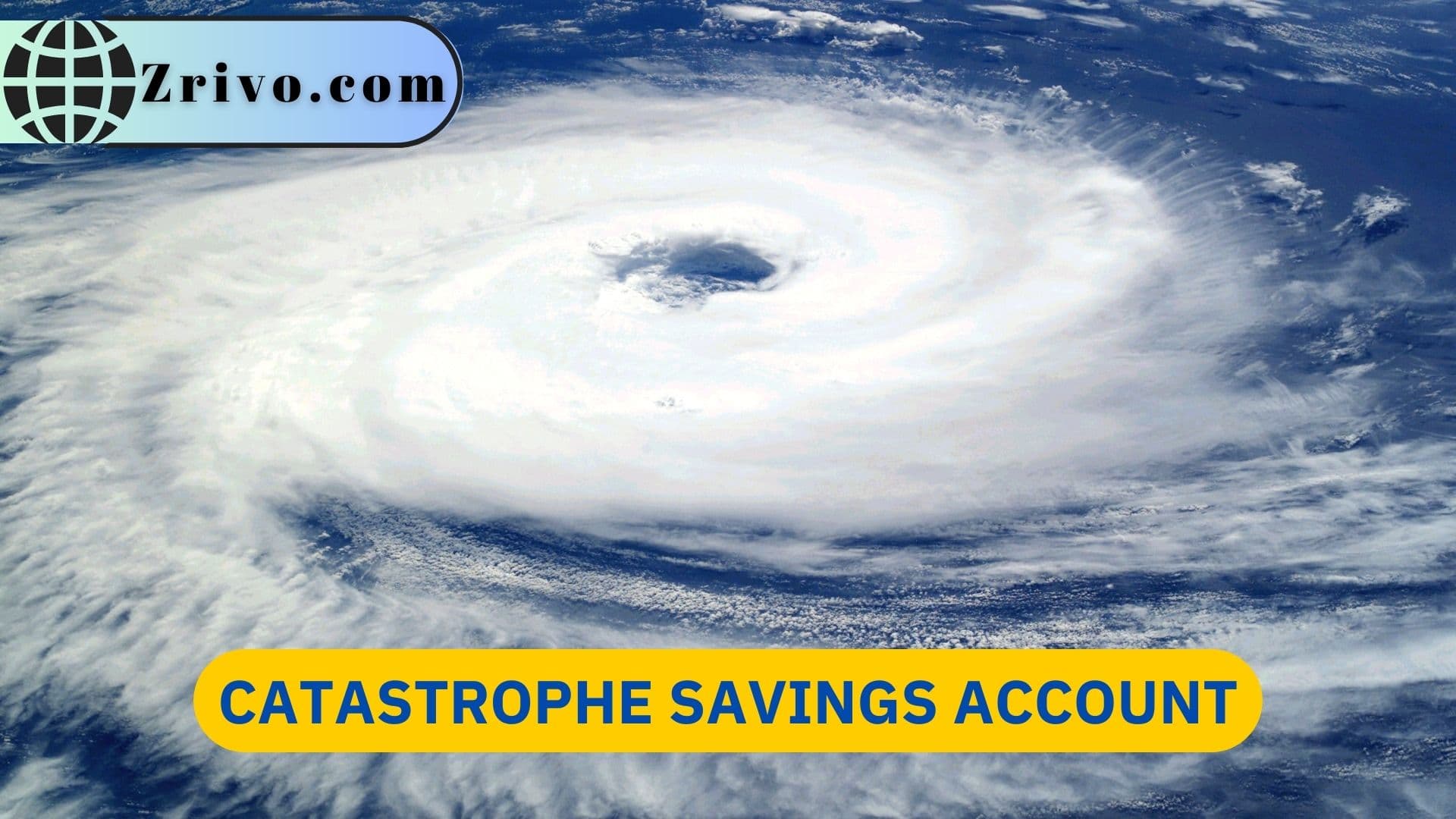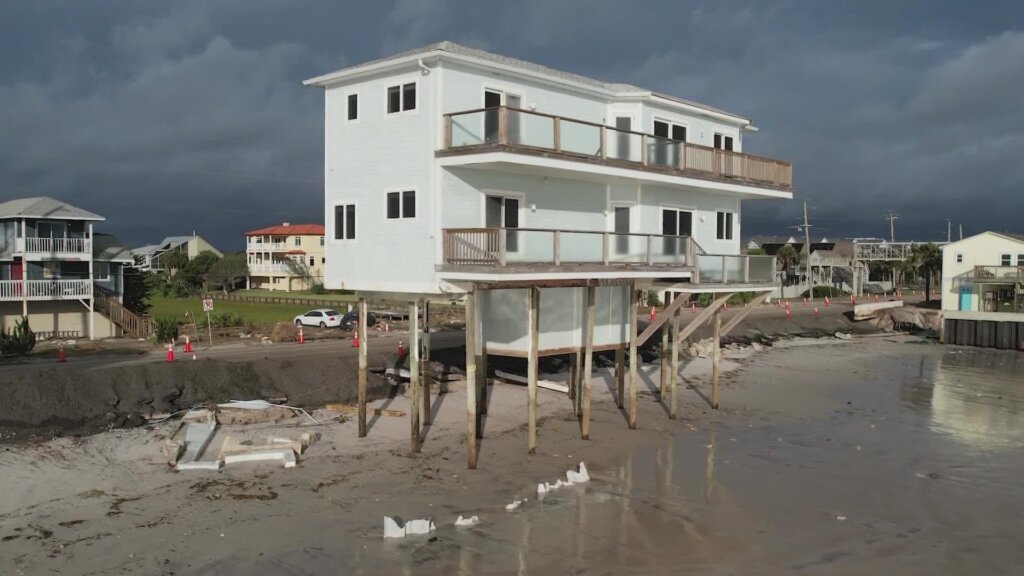
A Catastrophe Savings Account is a tax-advantaged emergency fund that can be set aside in an individual’s bank account to help pay for losses incurred by a disaster. Similar to a Health Savings Account (HSA) for medical expenses, a CSA is designed to provide a tax-free alternative for homeowners to prepare for the cost of repairs and replacement of their property following damage from natural disasters such as hurricanes, tornadoes, flood, hail or other unforeseen events. As with an HSA, a CSA should be used only in the event of a disaster. If the owner of a CSA chooses to withdraw money from their account for non-disaster purposes, that withdrawal will be subject to state income tax and an additional 2.5% tax.
Several states currently offer CSAs for residents who live in areas that experience frequent natural disasters, including Alabama, Mississippi, and South Carolina. These states also have tax time-shifting options that could make it easier for storm victims to claim storm losses on their taxes. In some states, such as Alabama and Mississippi, a CSA can be established by homeowners to assist with post-catastrophe losses or to self-insure all or a portion of their homes. However, only one account per property can be opened.
Predicting when a natural disaster will occur can be difficult, and the costs of rebuilding or repairing a damaged home can be astronomical. A CSA can help with this by offering the ability to withdraw the funds needed for home repairs immediately. Moreover, if a CSA is funded by taxpayers, it can be claimed as a casualty loss on a federal or state tax return. And it can be time-shifted in certain cases so that the money can be put towards recovery efforts sooner. The key to a CSA is to make sure the amount saved is sufficient to cover your deductibles and any other expenses incurred in the wake of a disaster. By checking with your insurance company, you can get a good idea of how much you’ll need to have in your CSA.

Are Catastrophe Savings Accounts Tax-Deductible?
You can only open one CSA per home. You can’t open a CSA for your secondary residence or a vacation property like a beach house. The amount of money you can contribute and deduct will be based on the deductible on your hazard insurance policy. In most cases, you can contribute $2,000 if your insurance deductible is less than $1,000 or $15,000 if it’s greater than that.
If you own a home damaged by a hurricane or other catastrophe, you can withdraw from your CSA up to the lesser of $250,000 or the value of your home. You can also use the money to cover your home insurance deductible and your uninsured portion of the risk from a hurricane, flood, or other catastrophic windstorm events. These CSAs are intended to help homeowners who have been hit by a major storm or are at high risk of losing their homes due to the rising cost of insurance deductibles and other home damage. Currently, CSAs are available only in three southern states with many hurricanes. Still, they’ll likely be expanded to other areas soon.